The 2000s Sci-Fi Crime Mystery Thriller From DC Comics Director Completely Erased From Modern Existence
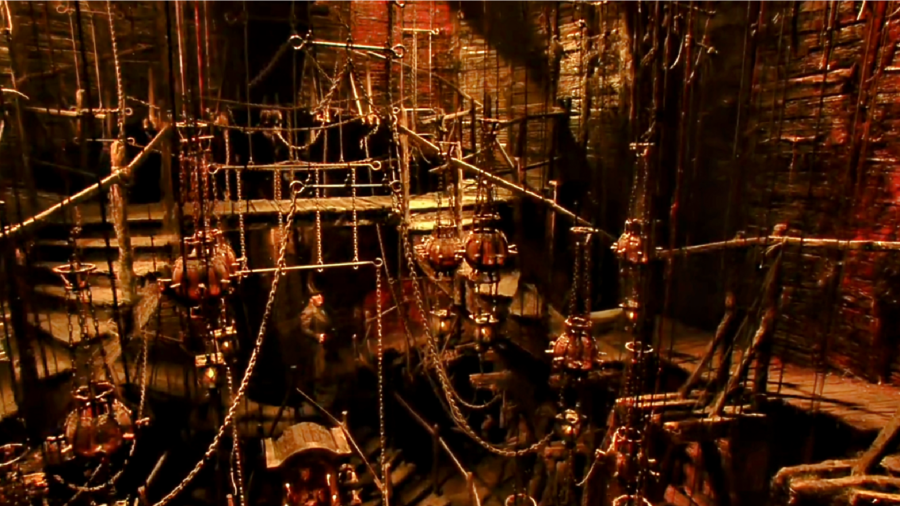
The 2001 mystery film Vidocq is being erased from modern existence as it is not available on any streaming service or via video on demand. Directed by Pitof, most notable to American audiences as the director Halle Berry’s Catwoman and starring Gerard Depardieu as the titular character, the movie is set in 1830s Paris. The story follows Eugene Vidocq, a former criminal turned detective, as he investigates a series of mysterious murders.
The Alchemist
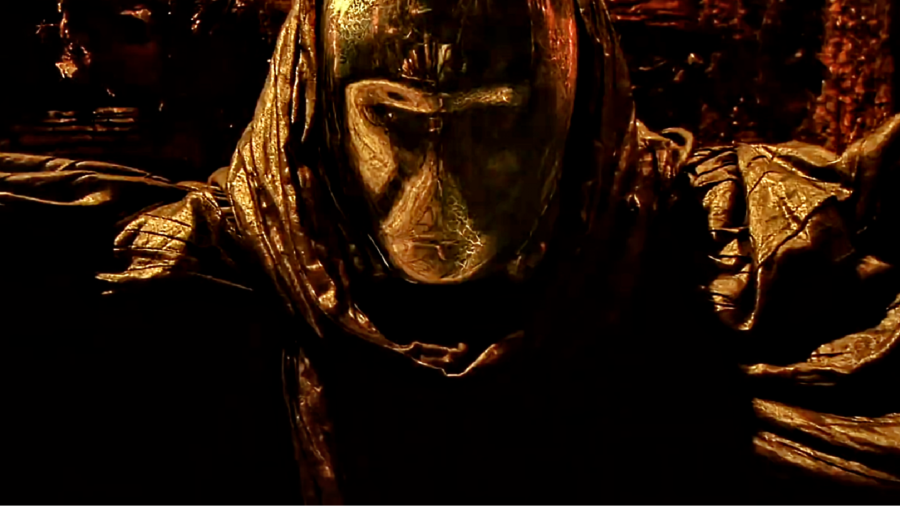
The story begins with Vidocq in pursuit of a mysterious figure wearing a cowl and mirrored mask. Their confrontation leads to a struggle in a furnace room, where Vidocq narrowly escapes death by clinging to the ledge. Despite his precarious position, Vidocq demands the masked man to reveal his identity, only to discover a shocking truth before plunging into the flames below.
Meanwhile, journalist Etienne Boisset (Guillaume Canet) searches for answers about Vidocq’s demise from his colleague. The investigation uncovers a series of peculiar deaths linked to a cannon factory and a secret society. As Boisset delves deeper, he uncovers a web of deception, betrayal, and dark magic involving the elusive figure known as the Alchemist.
Uncovering A Sinister Mystery
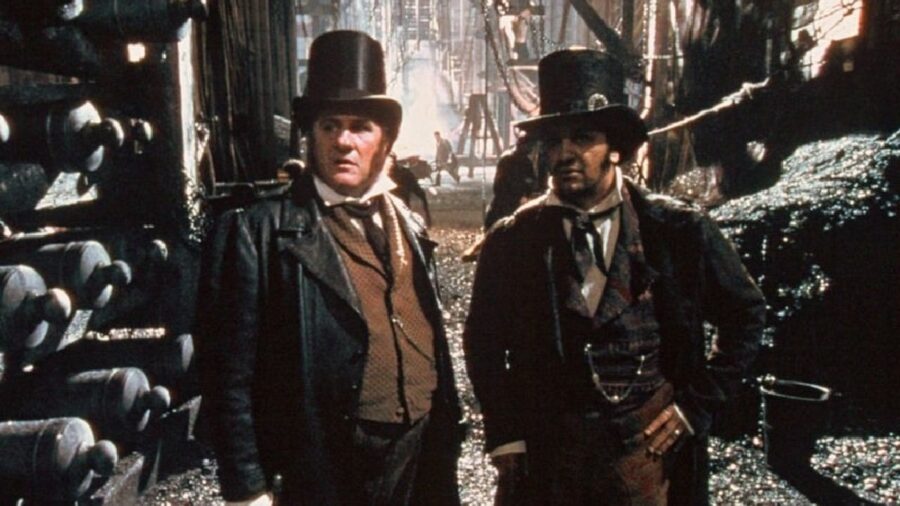
Boisset’s pursuit leads him to unexpected allies, including a dancer named Preah (Inés Sastre) and a journalist named Froissard (François Chattot). Together, they uncover a sinister plot orchestrated by wealthy narcissists seeking eternal youth at any cost. All the while, The Alchemist, with his mirrored mask and magical powers, eliminates anyone who threatens to expose his secrets.
As Boisset uncovers more clues, he becomes a target, drawing the attention of Paris’ chief of police. However, his determination to uncover the truth leads Boisset to a shocking revelation. One of the notable aspects of Vidocq is its visual style, characterized by elaborate set designs, fancy lighting, and innovative cinematography techniques.
History Making HD Technology

Vidocq was the first film to use digital progressive HDTV technology at a cinematic framerate of 24 frames per second (1080p24), predating even Star Wars: Episode II – Attack of the Clones by a year. Despite this groundbreaking approach, some scenes were filmed using the DV format (576i25) for artistic reasons.
These specific shots required deinterlacing through smart field blending during post-production to mimic the progressive motion blur seen in 24 fps footage, as the special effects team needed progressive frames for easier processing. Regular shots captured with progressive scan HD cameras did not require deinterlacing, resulting in a more film-like appearance.
Praised For Incredible Visuals
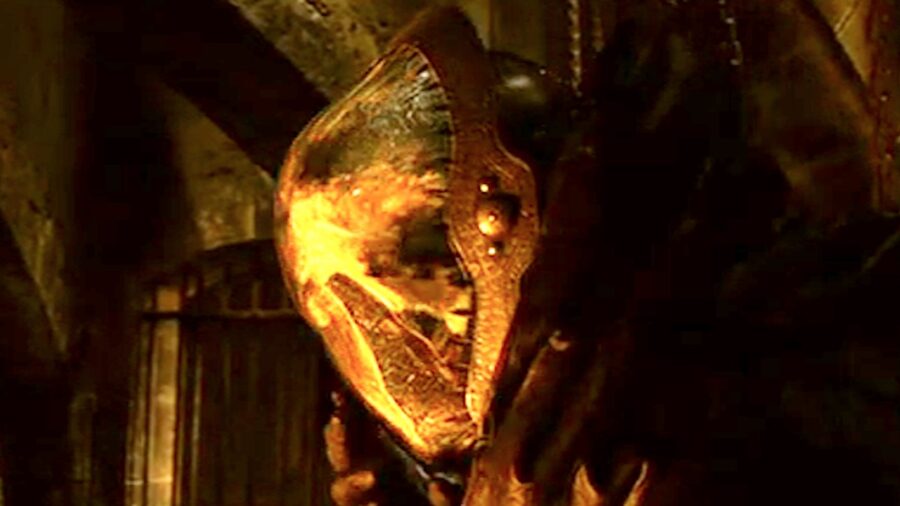
Vidocq underwent extensive post-production work, with 800 shots being altered over an eight-month period, with costs exceeding €20 million. Interestingly, Vidocq does not have a critic rating on review aggregator Rotten Tomatoes and received mixed reviews from critics upon its release. While some praised its visual flair and imaginative storytelling, others criticized its convoluted plot.
Overlooked Cult Hit
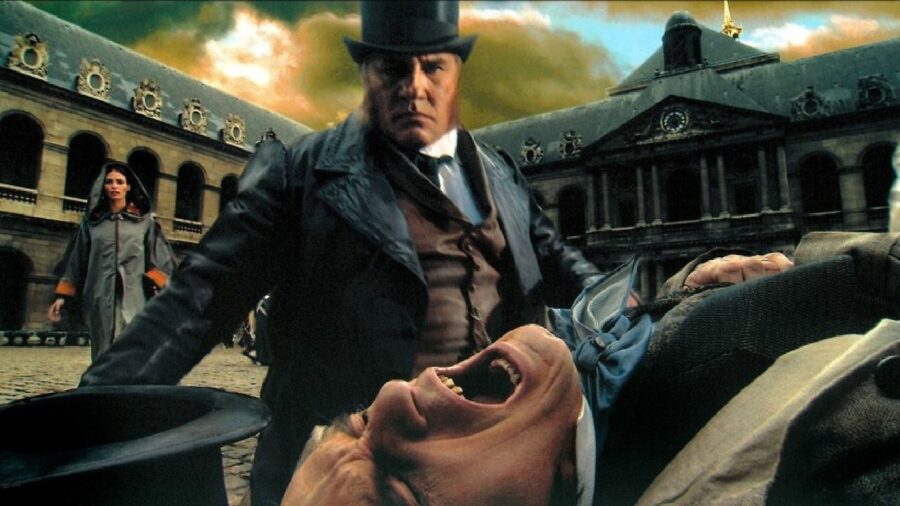
The lack of character development in the story was also a point of contention among critics. Despite its detractors, Vidocq earned $13.2 million at the global box office. It has also gained a cult following over the years for its intriguing blend of mystery, fantasy, and historical drama, anchored by Gerard Depardieu’s compelling performance in the lead role.












